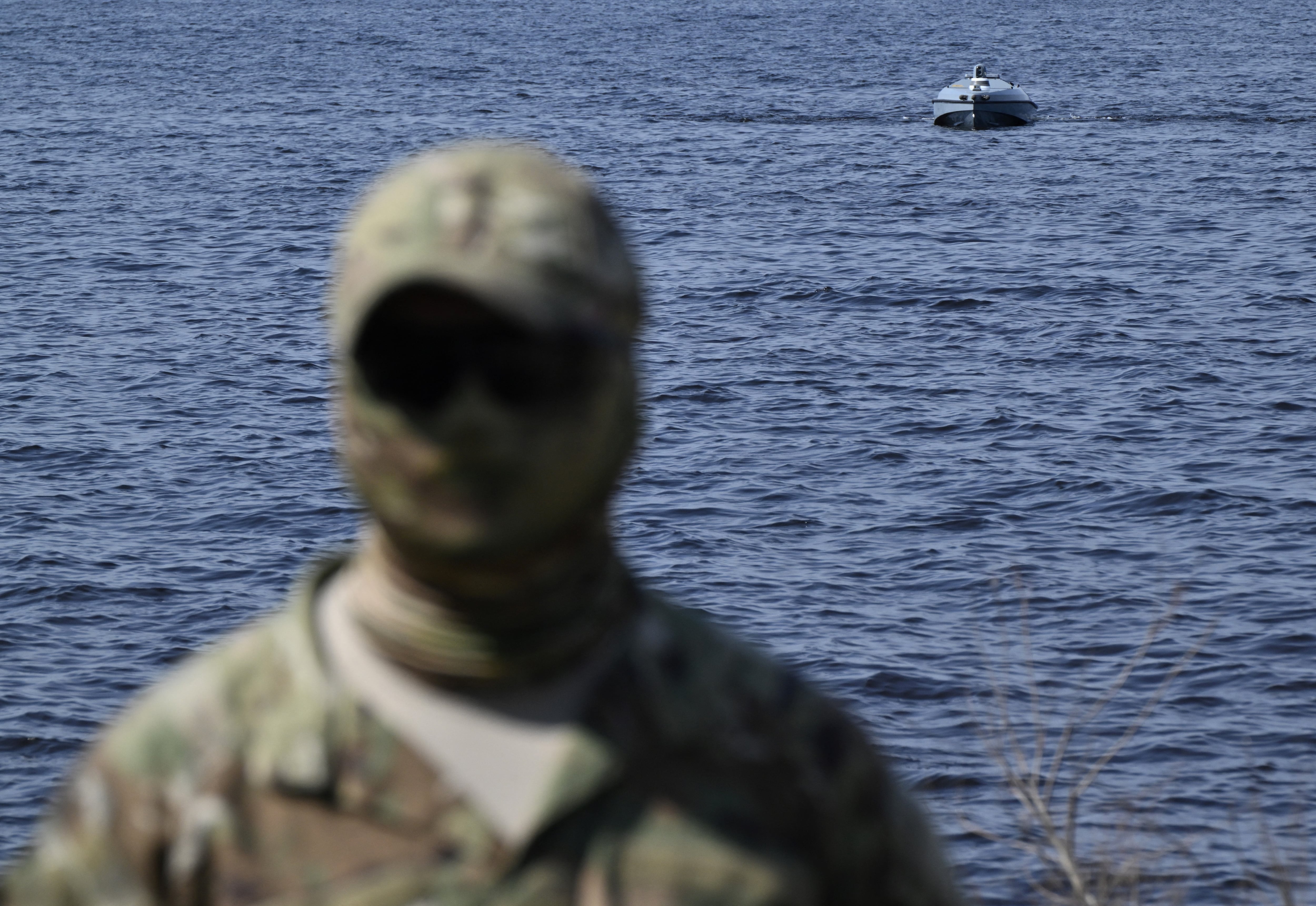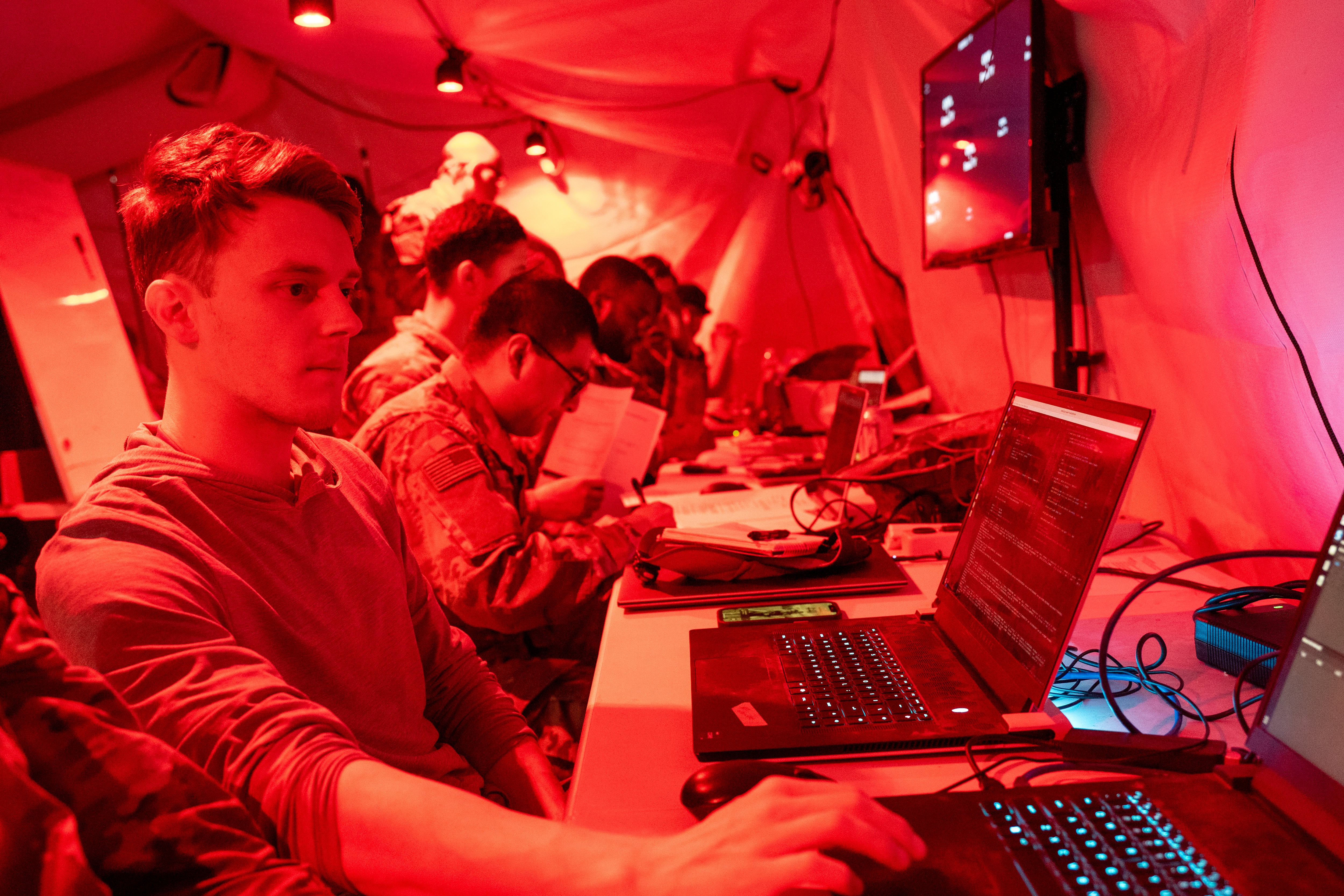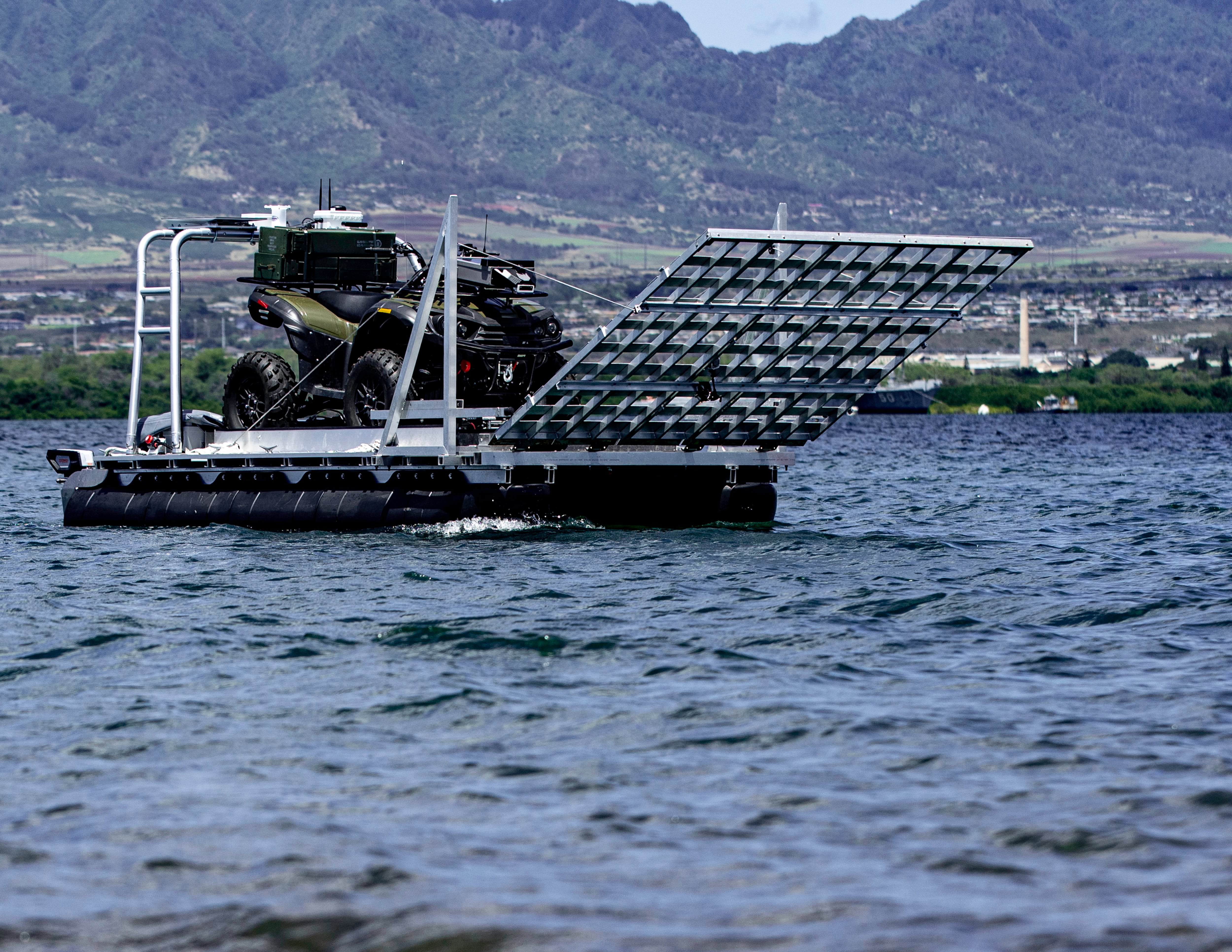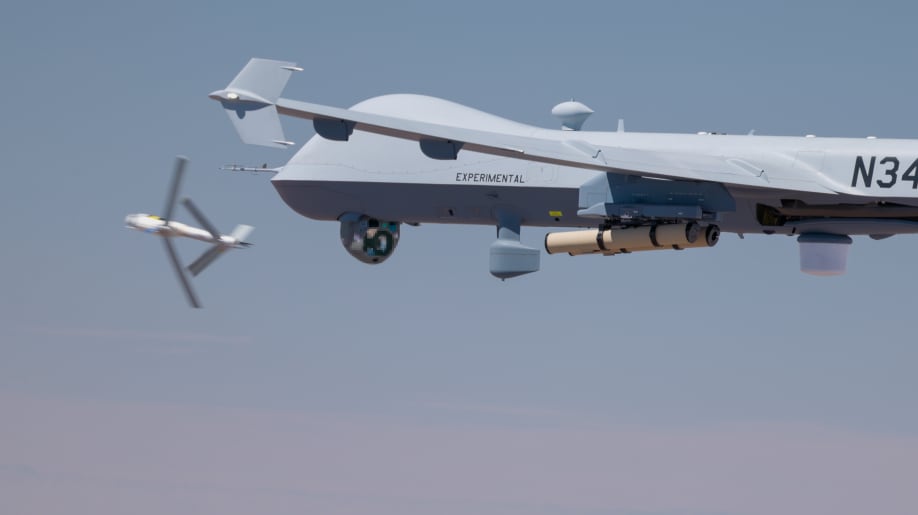As the Marine Corps embarks on a new era for the command with significant force structure changes to posture itself in the information space, one top commander believes this conversation does not start with technology, but rather law.
RELATED

“When you talk this information environment you get real excited because you read in the news about little green men, and you read about Russia, they’ve been involved for a long time, China’s got a good IO capability, North Korea to an extent has a fairly interesting IO capability,” Brig. Gen. Dennis Crall, director of C4 and CIO of the Marine Corps, said during a keynote presentation Oct. 23 in Baltimore, Md., at the annual MilCom conference hosted by AFCEA.
“You think about a bunch of marines ready to embark on what may be one of the most transformational times in recent Marine Corps history. They’re starting to look at what do these people do, how many do we need and everyone’s talking about new tool sets and new toys, the truth of the matter is it doesn’t start there,” he continued.
“The first is law. The first thing we need are lawyers because this really means the lexicon we have is already steeped in Congress. We have to make sure we’re talking the right language.”
Crall alluded to operations that had been planned but never executed, authorities that “sit distant on the shelf never to be utilized because we’ve never crossed the right wickets,” adding that words matter in this field.
While other nations and adversaries have been doing this for a while, Crall noted the U.S. has been late to the party, but for good reasons.
“We have a government that values many of the amendments that we have that we hold dear and we want to make sure we’re not administering any of this against a western audience,” he said. “Those are good things, by the way. Those restrictions and rules are what makes us unique. Our adversaries don’t have any of those considerations.”
Mark Pomerleau is a reporter for C4ISRNET, covering information warfare and cyberspace.








